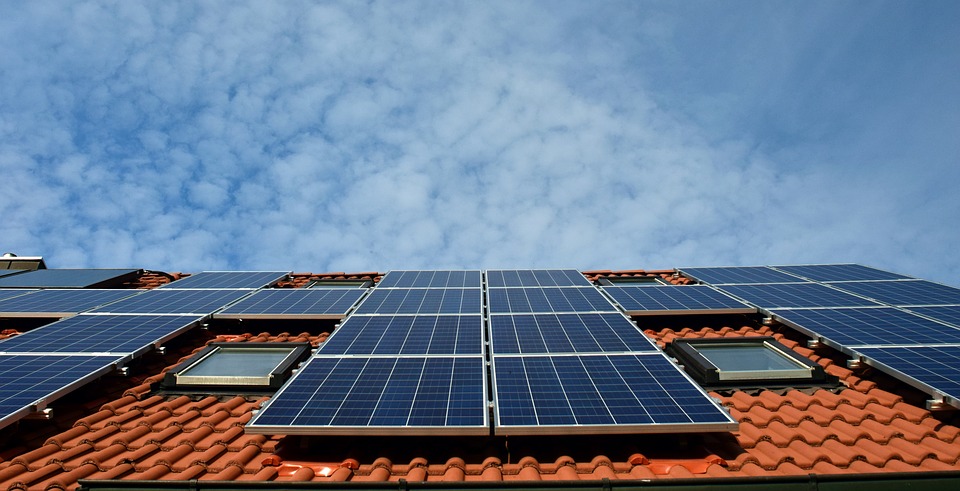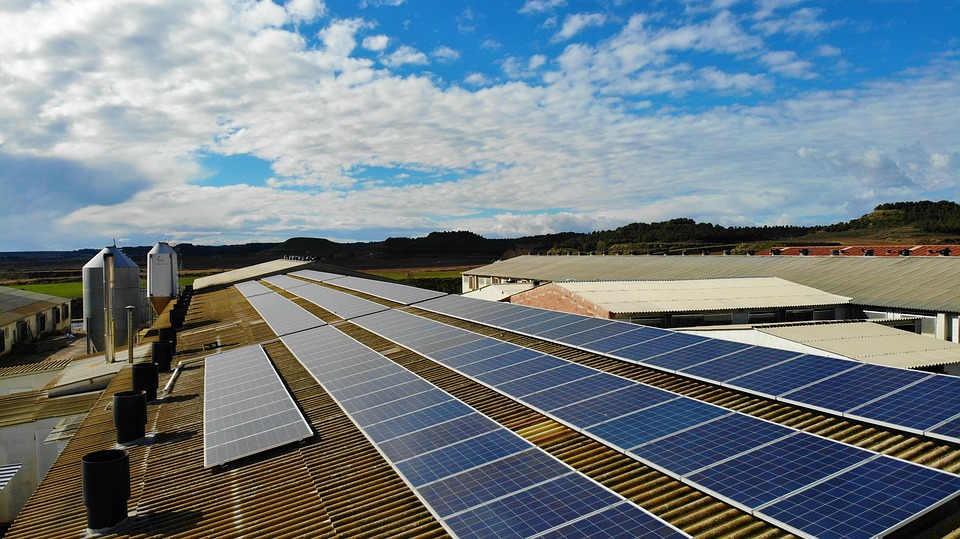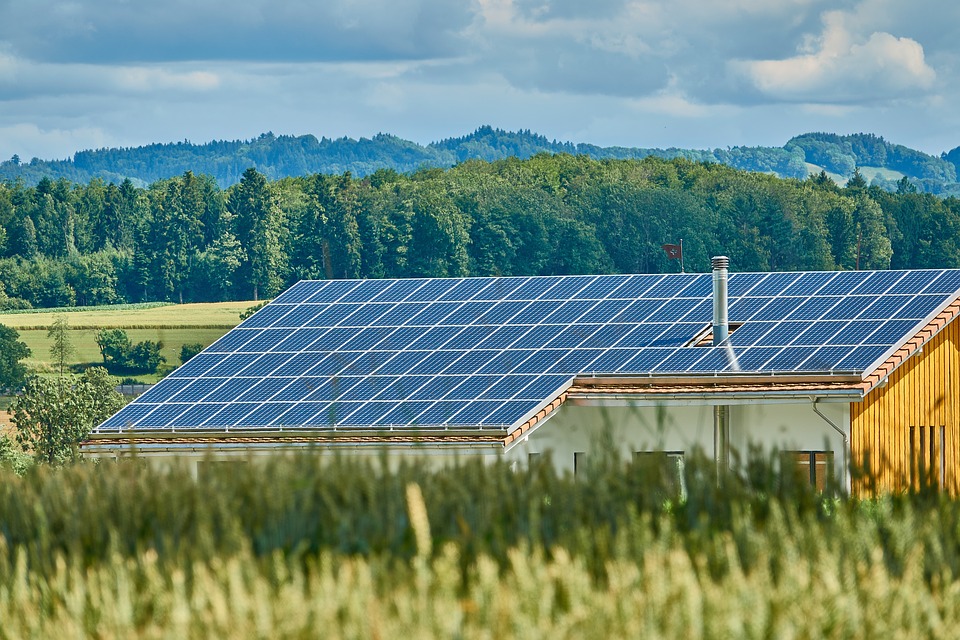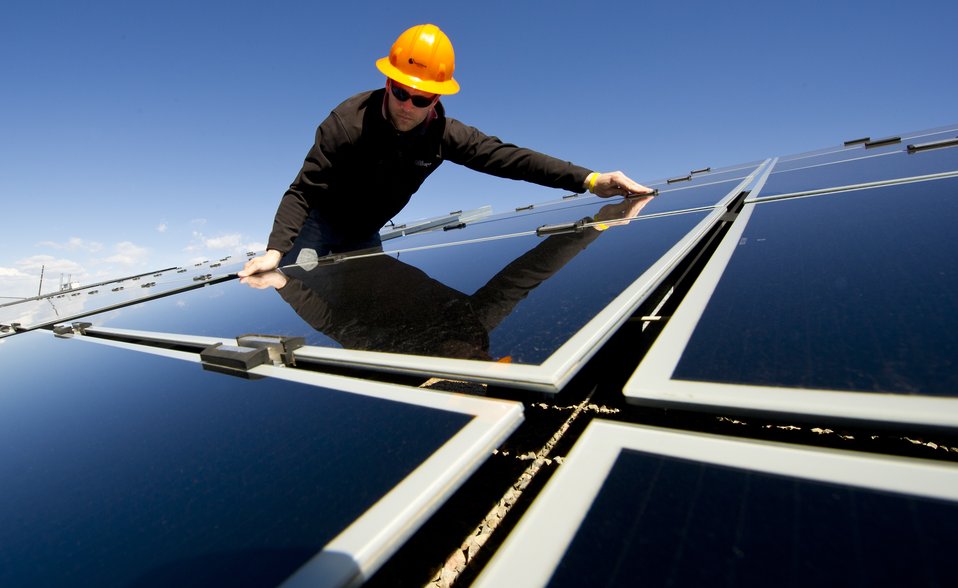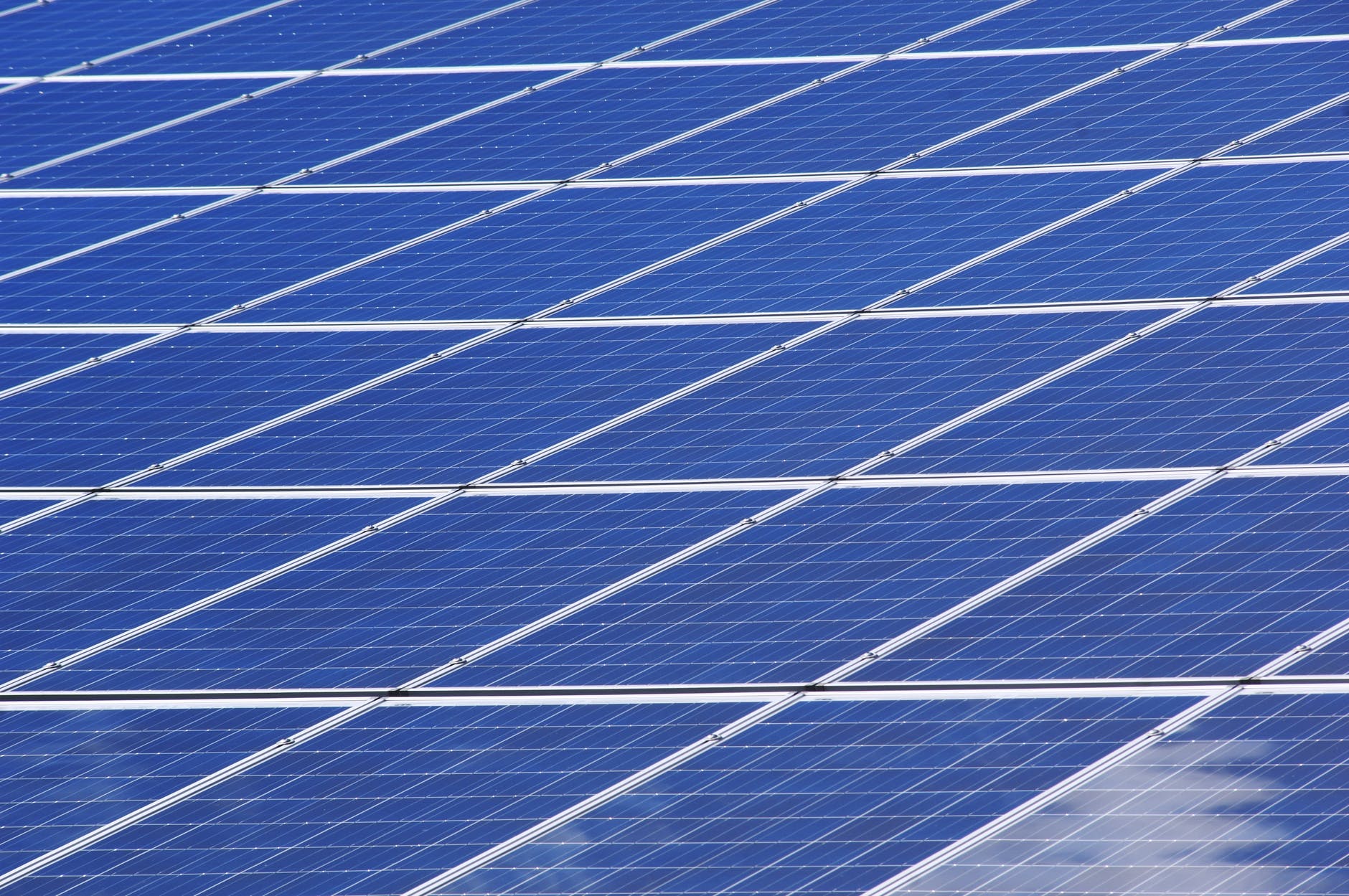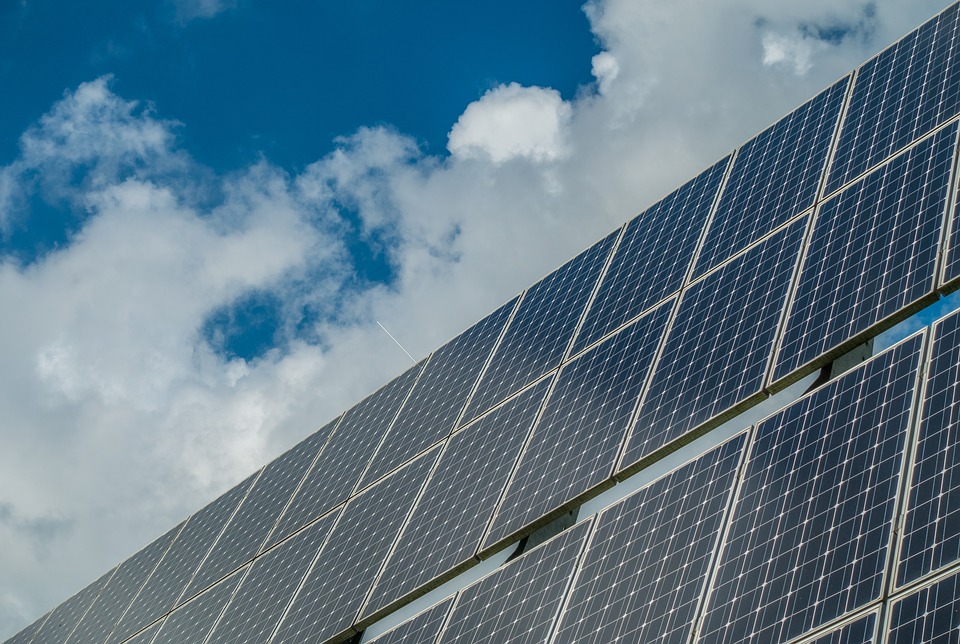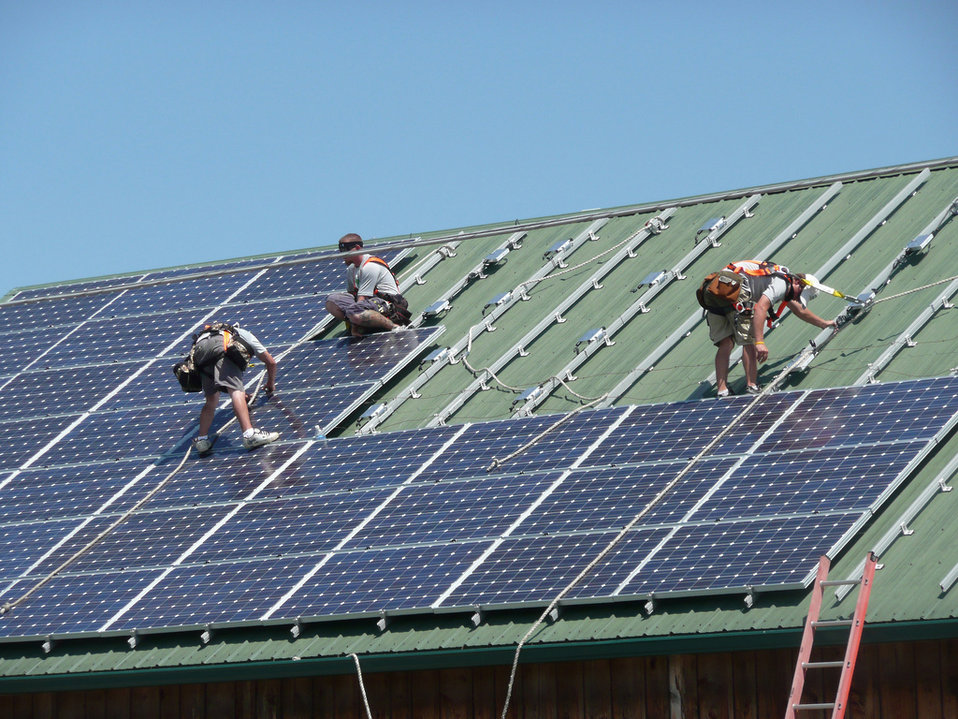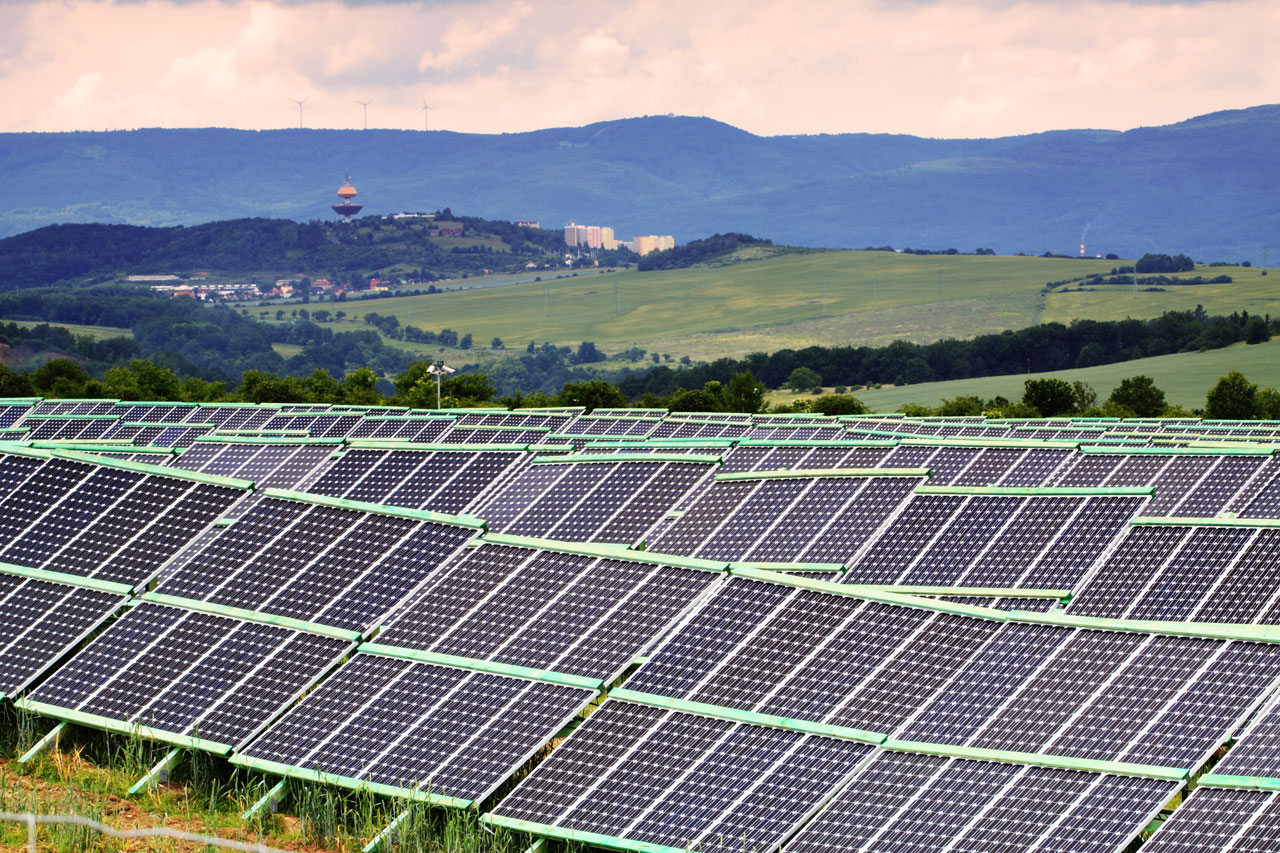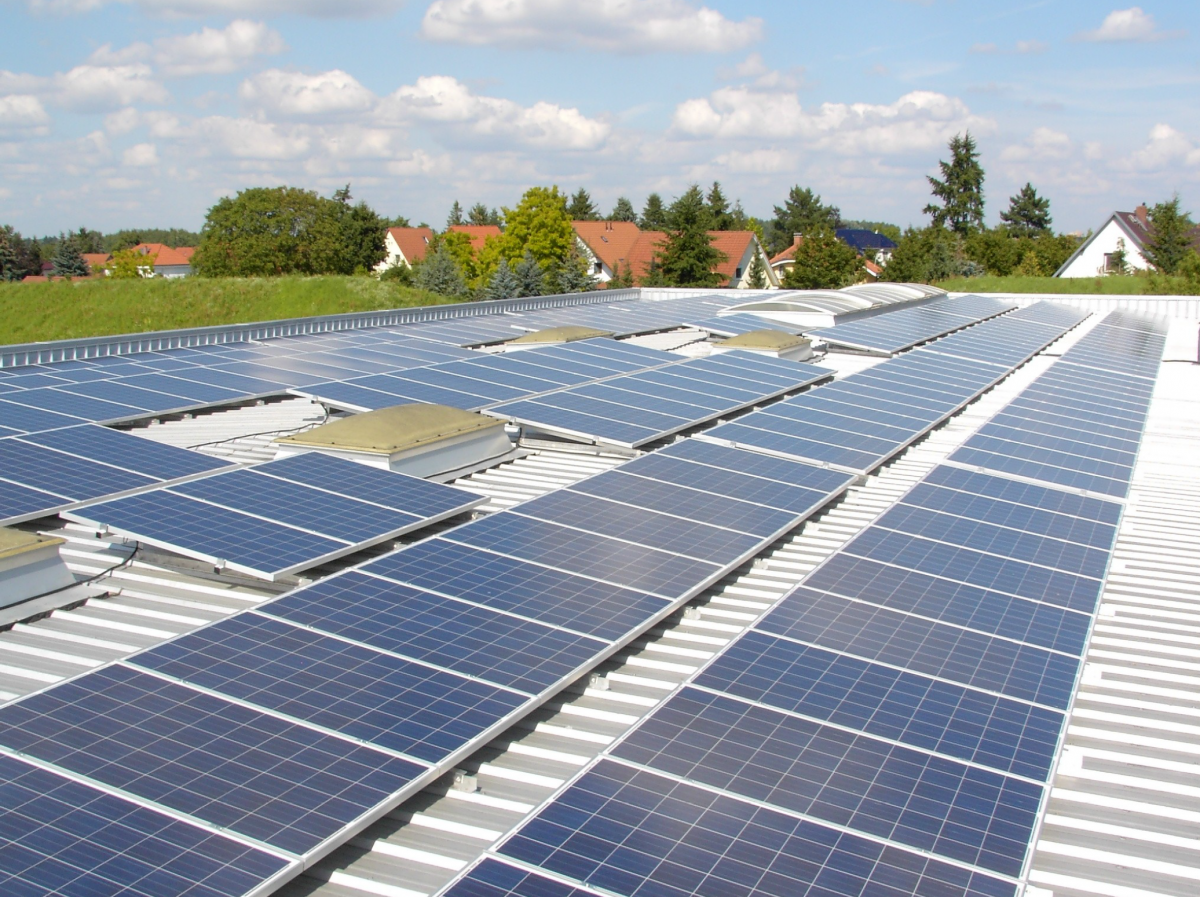The State of US Solar Power
As has been reported on many other blogs and website, solar power is enjoying a massive upswing in adoption around the world and here in the United States. Thanks to government and other adoption incentives, matured financing options, and steadily decreasing costs coupled with steadily increasing generation and storage capacity, installing solar panels on your home is more popular than ever and only getting more popular.
Big utilities are increasingly getting into the game across the United States, and many big consumers of power – amusement parks, server farms, government installations – are putting in their own utility-scale solar power plants to cut back or eliminate their dependence on conventionally generated power.
Solar power has become a major component of the fight against fossil fuel pollution and ongoing climate change. But, can the US truly become fossil fuel independent? more “A Guide to Solar Power in the US: Could the Country Be Fossil Fuel Independent?”


